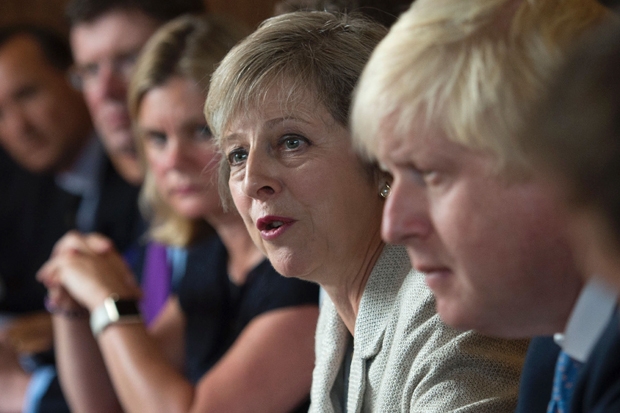When David Cameron resigned, the Conservative Party Board pushed back the planned date for the election of a new leader until after the G20 summit had taken place. The official reason was to give the new Prime Minister time to read into the job and save him or her from having to fly off to meet world leaders directly after moving into Downing Street. More cynical members of the board, though, suspected Cameron had another motive: he wanted the chance to say a proper goodbye to Obama and Co. Thanks to Andrea Leadsom’s withdrawal from the leadership race, however, Theresa May now heads to the summit this weekend with almost two months in No. 10 under her belt.
She will be a main focus of interest in Hangzhou, China. The other attendees will be keen to find out what she means when she says ‘Brexit means Brexit’, and what her vision for Britain’s post-EU global role might be. Her Chinese hosts will also be particularly interested in what she intends to do about Hinkley Point and plans for China to build a nuclear reactor in Essex.
What Brexit does actually mean will dominate British politics for the next few years. Outers are strikingly confident that Philip Hammond, the Chancellor, is coming round to the fact that Britain will end up leaving the single market. Yet, they are worried about delays in invoking Article 50, the formal process for leaving the EU. If it has not been served by next spring, there will be Tory trouble.
When EU leaders meet later this month — without the UK — to thrash out what happens next they will be debating the question of the EU’s future as much as Brexit. The Eurozone issue could well return to the news this autumn thanks to the third Greek bailout.









Comments
Join the debate for just £1 a month
Be part of the conversation with other Spectator readers by getting your first three months for £3.
UNLOCK ACCESS Just £1 a monthAlready a subscriber? Log in